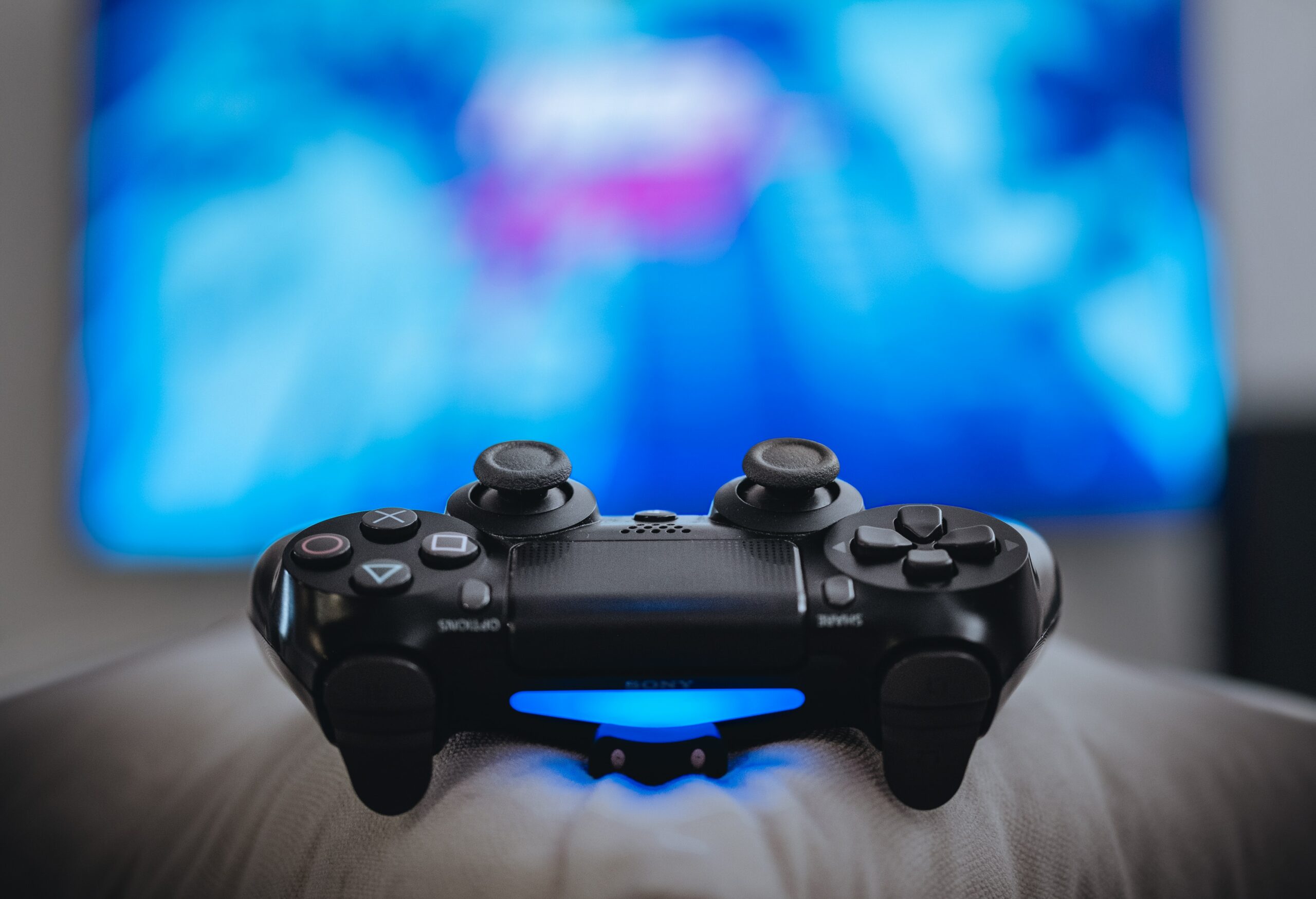The essential legal issues for video game developers and game sellers involve contract law and intellectual property law. These are very much connected since the value of your video game — what it is worth — is almost entirely the value of the intellectual property contained in your video game — the code, the interfaces, the game mechanics and rules, the design, the story, the artwork, etc. If you need a video game attorney, call us here at Revision Legal. Our numbers are 231-714-0100 or 855-473-8474. We have the experience and legal depth of knowledge. We know how the legal pieces “fit together” to accomplish your goals, avoid pitfalls and help you succeed.
Here is a brief overview of video game law.”Contract law” is a broad category that, most importantly, involves you getting paid for your work and your game. For example, a “license agreement” is a form of contract as is a “purchase/sale agreement” as is a “financing/investor contract.” These and other types of agreements must be drafted and/or reviewed carefully. For video game developers, the term “intellectual property” mostly revolves around copyright and trademark laws (but sometimes legal issues involving patent law). Intellectual property law also involves issues about publicity and the rights to use the likenesses of famous people. Violate the intellectual property rights of others, and you will get sued.
On the other hand, you must protect your intellectual property, or your intellectual property will get stolen by competitors and you will own nothing that can be sold or licensed. Trademark law protects the name of your game, your business name and/or production company and other trademarkable features of your game. Copyright law protects the artistic features of your game such as the artwork, music, story, and characters. If your code has unique and patentable architecture — or there is a patentable design aspect to your game — then patent law should be invoked to provide legal protection for your game. As noted, if you are using the intellectual property owned by someone else, you need to have permission — a licensing agreement.
While these are the key aspects of video game law, other legal fields and doctrines cannot be ignored. These include:
- Employment law — if you hire employees, you must comply with federal and state labor laws; there is also “work-for-hire” issues here — an intellectual property aspect — if your employees are creating copyrightable, trademarkable and/or patentable materials for your video game
- Trade secret laws — protecting valuable confidential business information from theft and abuse by competitors
- Corporate and business law — you cannot run a video game development business as a sole proprietorship
- Internet law — including child protection laws
- Privacy and cybersecurity laws — almost certainly, your game collects or will collect private information from users; collection, use, storage, sharing, and destruction of such information is now highly regulated by international, federal and State laws
As can be seen, video game law is complex and, so, you need to retain highly skilled and experienced video game lawyers like those at Revision Legal.
Contact the Video Game Attorneys at Revision Legal
For more information, contact the experienced video game lawyers at Revision Legal. You can contact us through the form on this page or call (855) 473-8474.




